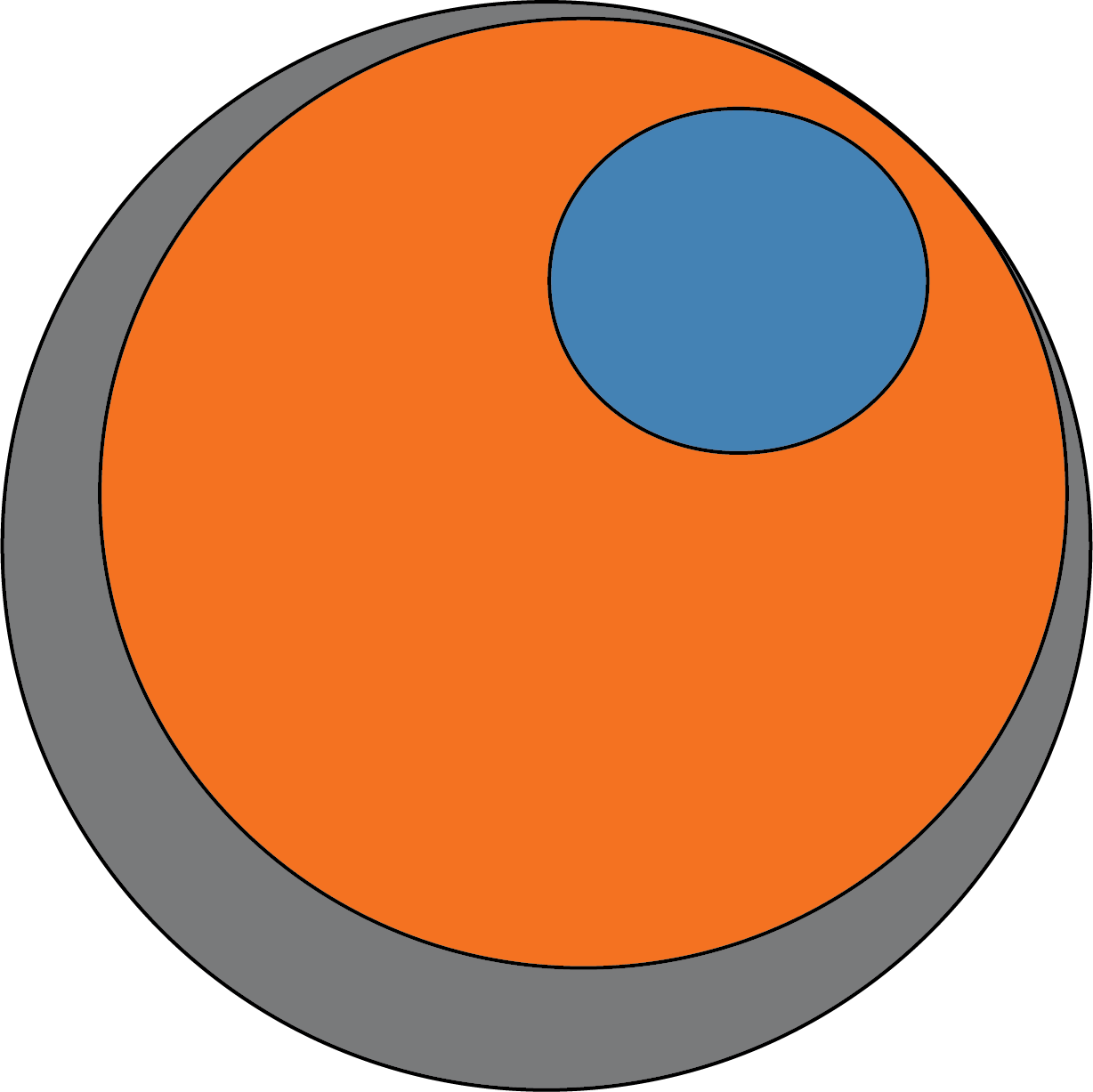BOOK CLUB: The Attributes
Performance insights from a Navy SEAL (For people who are most definitely not SEAL-types).
"Sometimes exercising skills at a peak level is difficult. Sometimes the best possible performance is messy, gritty, and uncomfortable. Optimal performers, people, and teams have the confidence to keep moving forward anyway.” - Rich Diviney
Rich Diviney is a retired Navy SEAL commander who has spent his time since leaving the service exploring human potential and inspiring others to reach theirs. His book, The Attributes: 25 Drivers of Optimal Performance, shares some of the things he learned as a trainer for the elite fighting group, working with a leading neuroscientist, and experience working with people and organizations seeking to maximize culture and performance.
The Attributes is not what you think – for two reasons. First, when you hear “Navy SEAL” most people picture a mob of steely-eyed, knife-in-teeth, human war machines who are the peak of human performance. Rich draws some really different conclusions from what makes the SEALs such an oft cited metaphor for high-performance. His exploration of concepts like courage, resilience, and cunning have applications to most of us who have less stressful goals than a special ops team.
Simply being aware is half the battle. The rest is just deliberate focus."
It's also not a proscriptive “how to” book or litmus test for how to be awesome. Throughout the descriptions of the traits and skills behind these attributes, is the fact that most of them come from hard-wiring in all humans; external factors - environment, situation, stakes; and, most importantly, the reality that anyone can develop, improve or at least make use of all of the aptitudes with a little attention and a lot of practice.
Four Great Quotes:
"Leaders are defined by those whom they lead.”
“Leaders are watched more than they are heard.”
“Just like leadership, you don't get to decide if you're a good teammate or if other people trust you.”
“Purpose provides clarity.”
"A system is never the sum of its parts. It's the product of their interaction." - Russell Ackoff
Key Takeaways
Optimal Performance is more important than peak performance. “Optimal” means the ability to do your best in any environment. Rich says, "Sometimes exercising skills at a peak level is difficult. Sometimes the best possible performance is messy, gritty, and uncomfortable. Optimal performers, people and teams have the confidence to keep moving forward anyway.”
A well-trained (and well-selected?) SEAL, team leader, or someone who just wants to influence the world around them, all share the same brain biology. There’s some fundamental biology and brain chemistry that all humans share. The Attributes shows how individual humans can develop responses based on how we need and want to show up in the world.
High Performing Teams are structured more like an amoeba than a pyramid. Despite how the official org-charts, a lot of organizations function more like "the blob" Rich uses to describe the SEALS. The reasons this works: the SEALS are overt about it. The changing leadership, authority, and responsibility are trained into each member and incorporated into mission plans. The key is to be clear about which situations hierarchy is important and - most importantly - where it is detrimental to optimal performance (like “sweeping a room”).
If You Only Read One Chapter
Chapter Ten explores the critical difference between Task Switching and multitasking. The latter—despite popular opinion—is biologically impossible, even if you are a Millennial! Task Switching is actually the opposite of multitasking. When deeply understood and practiced honestly, it can be a huge advantage in today's overstimulating world.
For An Even Quicker Hit:
Take the online Attributes Assessment.
Watch Rich's talk about The Four Elements of Trust.

